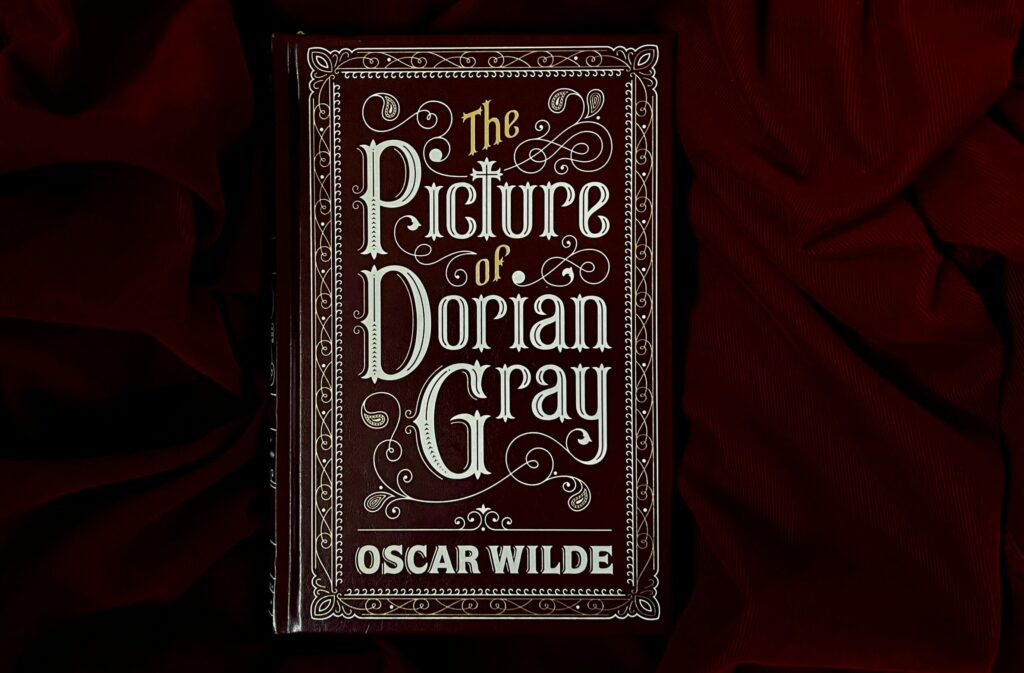The phrase “imitation is the sincerest form of flattery” is often attributed to Oscar Wilde, but there is some debate about its origins. While Wilde is known for his wit and aphorisms. There is no concrete evidence that he actually used this specific phrase in his writings or speeches. Nevertheless, the sentiment behind the phrase has been widely attributed to Wilde due to his views on art, aesthetics, and the nature of imitation.

Oscar Wilde was a renowned playwright, poet, and essayist in the late 19th century, known for his unique writing style and satirical wit. He was a prominent figure in the Aesthetic Movement. Which emphasized the importance of art for art’s sake and the pursuit of beauty and pleasure. Wilde believed that art should be valued for its intrinsic qualities, rather than for its moral or utilitarian purposes. He argued that artists should strive for originality and self-expression, rather than simply imitating others or adhering to societal conventions.
In this context, the idea of imitation as a form of flattery can be seen as a commentary on the relationship between art and imitation. Wilde may have argued that imitating someone else’s work may not be truly sincere, as it lacks originality and authenticity. It may be seen as a form of flattery in the sense that it acknowledges the influence and talent of the original artist. But it may also be viewed as insincere because it does not reflect the imitator’s own unique perspective or creative expression.
Wilde’s views on imitation can also be seen in light of his critiques of Victorian society. Its emphasis on conformity and societal norms. He often used satire and irony to critique the rigid social conventions of his time. He may have seen imitation as a reflection of this conformity. To Wilde, imitating others may have been seen as insincere. Because it involves conforming to established standards or expectations, rather than expressing one’s true self.
Furthermore, Wilde’s views on imitation may also be connected to his ideas about authenticity and individualism. He believed that each person has a unique perspective and creative voice, and that art should be a reflection of this individuality. In this sense, imitating others may be seen as a form of self-effacement or denying one’s own uniqueness. Wilde may have argued that true sincerity in art comes from expressing one’s own original thoughts, feelings, and experiences. Rather than replicating the ideas of others.
However, it’s worth noting that Wilde’s views on art and imitation were not absolute. He also recognized the importance of artistic influence and inspiration. He once famously said, “Talent borrows, genius steals.” Which suggests that he acknowledged the role of imitation in the creative process. Wilde may have believed that imitating others can be a form of learning and growth for an artist. As long as it ultimately leads to the development of one’s own unique style and voice.
Wilde’s ideas on imitation and sincerity in art were also reflected in his own works. His plays, such as “The Importance of Being Earnest” and “Lady Windermere’s Fan”. These are known for their witty dialogue and clever wordplay, which demonstrate his originality and creativity as a writer. He often used satire and parody to criticize societal norms and conventions. While also drawing on influences from other writers and artists of his time.
In addition to his views on art, Wilde’s personal life and experiences may have influenced his ideas on imitation and sincerity. He was known for his flamboyant personality and his unconventional lifestyle, which often defied societal expectations. Wilde may have believed that true sincerity comes from being true to oneself and not conforming to societal norms or imitating others. His own struggles with societal conventions and his eventual downfall due to his homosexuality.
